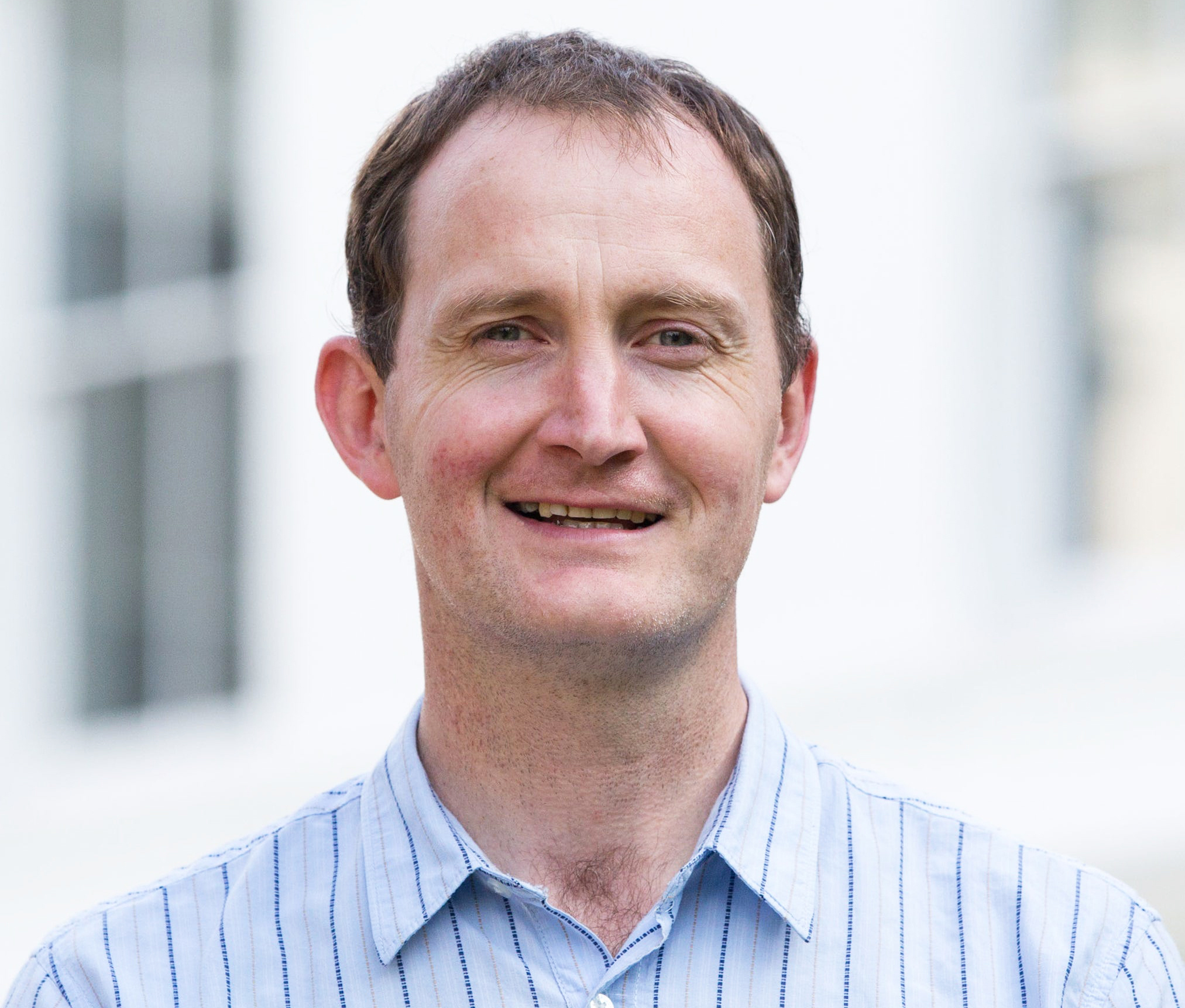
LIMERICK researchers have established that most treatments being offered to teenagers with persistent back pain are outdated and ignore ‘big picture’ issues.
A study, carried out by researchers at University of Limerick along with colleagues in the UK and Australia, concludes that new approaches to tackling back pain are not being tested among teenagers.
The research shows there is a lack of treatments addressing the needs of teenagers with persistent nonspecific back pain.
Treatments for adolescents with persistent back pain have primarily relied upon an outdated, biomechanical explanation of persisting pain.
Treatment should instead align with current recommendations that both mind and body be addressed when back pain is present.
Back pain is the biggest cause of disability in the world, and it starts for many people when they are teenagers.
There was a time when it was assumed that back pain in teenagers was caused mostly by physical factors such as posture and heavy schoolbags. However, it is now accepted that back pain is influenced by factors such as sleep, physical activity, mood, and stress.
This more holistic understanding of back pain has led to a range of treatments being offered to adults with low back pain which consider not just the back, but also the person’s overall health and well-being.
However, the scoping review carried out by the UL team, led by PhD researcher Sara D Hauber and Professor Kieran O’Sullivan of the School of Allied Health and the Health Research Institute at UL, has shown that these new approaches are not being tested among teenagers with back pain.
Instead, most treatments being offered to teenagers with back pain tend to ignore issues such as sleep, mood, stress, and relationships.
“Traditional approaches such as exercise can play a useful role in helping teenagers with back pain,” Dr Hauber explained.
“However, exercise alone is rarely enough, and we have good evidence that other factors can have a major impact on a person’s pain.”
According to Professor O’Sullivan there may be several reasons for the lack of treatments addressing the needs of teenagers with back pain.
“First, this may partly reflect old-fashioned ideas about what causes back pain, where the latest science is not fully appreciated.
“Secondly, the way healthcare services are offered, and how professionals are trained, makes a ‘joined-up’ approach to treating back pain difficult and it rarely looks at the whole person.
“To help teenagers with back pain recover better, we need to trial these new treatments, and to structure healthcare in a way where physical and mental health are considered together,” Professor O’Sullivan explained.










